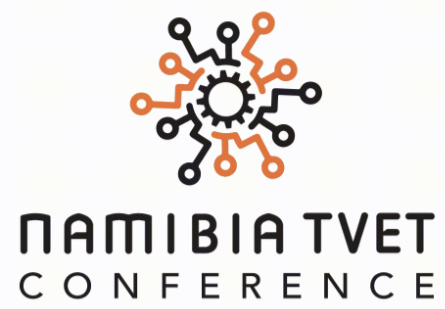About TVET conference
As the world faces complex global challenges such as climate change, economic disparity, and rapid technological advancement, the role of Technical and Vocational Education and Training (TVET) has never been more critical. TVET has the potential to be a catalyst for sustainable development, providing individuals with the skills and knowledge needed to drive innovation, foster economic growth, and create resilient, sustainable communities.
The NUST 2025 TVET Conference, themed “Advancing TVET for a Sustainable Future: Innovation, Partnerships, and Skills Development,” aims to explore how TVET systems can evolve to meet the needs of a rapidly changing world. It will bring together government officials and policymakers, TVET educators and administrators, industry leaders and professionals, development agencies, trainers and trainees in TVET institutions and other stakeholders to exchange ideas and explore strategies that will shape the future of TVET in promoting sustainability, technological advancement, and workforce empowerment.
The NUST 2025 TVET Conference objectives are to:
- Explore innovative approaches to modernising TVET curricula to align with current and future industry needs.
- Strengthen industry-academic partnerships to ensure that TVET programs remain relevant and responsive to the labour market.
- Discuss the role of TVET in skills development for a sustainable economy, focusing on green skills, digital competencies, and emerging industries.
- Examine how collaboration across sectors can drive the sustainable transformation of TVET systems globally.
- Highlight success stories and best practices that demonstrate the effectiveness of TVET in contributing to Sustainable Development Goals (SDGs).

Innovation in TVET: Shaping the Future of Education
The world of work is evolving rapidly with the rise of digitalisation, automation, and green technologies. TVET must embrace these changes by integrating cutting-edge tools and methodologies. This sub-theme will explore:
- The incorporation of smart technologies and digital platforms in TVET curricula, such as Artificial Intelligence (AI), robotics, and e-learning tools.
- How innovation hubs within TVET institutions can foster creativity, entrepreneurship, and industry-driven solutions.
- The role of Industry 4.0 in reshaping traditional TVET practices and providing students with the competencies needed for the jobs of tomorrow.

Strategic Partnerships for Sustainable Growth
To successfully address the complex challenges of the modern world, collaboration between TVET institutions, industry, government, and the private sector is key. This sub-theme will examine:
- The importance of industry-academic partnerships in aligning TVET programs with labour market demands and emerging industries.
- Strategies to foster public-private partnerships to secure funding, improve infrastructure, and develop industry-relevant training programs.
- International collaboration and sharing of best practices to create globally competitive TVET systems and address skills gaps on a regional and international scale.

Skills Development for a Sustainable Economy
As economies shift toward sustainability, there is an increasing demand for green skills, digital literacy, and the ability to work in emerging sectors. In this sub-theme, we will explore:
- Developing a workforce equipped with green skills to support sustainable industries such as renewable energy, eco-friendly manufacturing, and circular economies.
- Addressing skills gaps and mismatches through competency-based education and lifelong learning initiatives.
- Addressing the importance of uniform competence standards for trainers in the TVET training sector
- Promoting inclusivity in TVET to ensure equitable access to training and employment opportunities for all.

